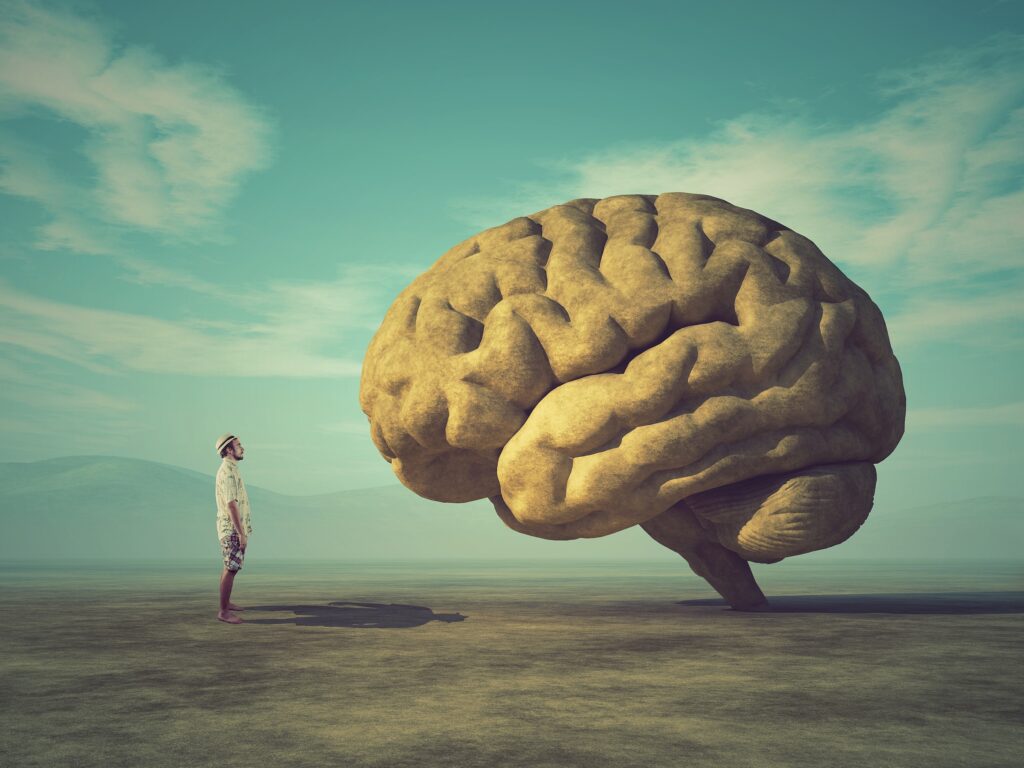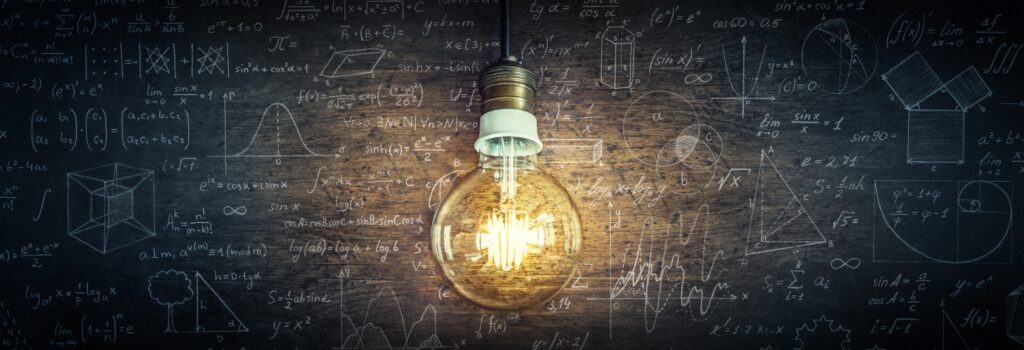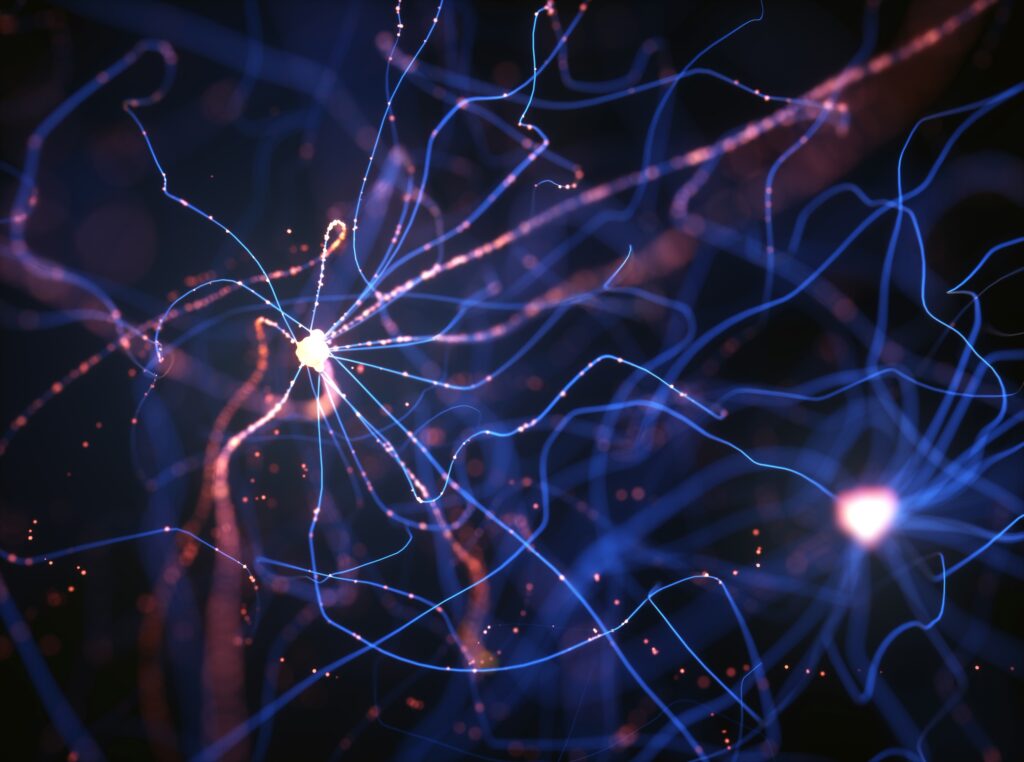Conscious realism
Seeing | Neuroscience
![]() Prof. Donald D. Hoffman, PhD | 2021-01-11
Prof. Donald D. Hoffman, PhD | 2021-01-11
Is matter merely a ‘graphical user interface’ to a deeper, conscious reality? In his presentation during Essentia Foundation’s 2020 online work conference, neuroscientist Prof. Donald Hoffman argues compellingly that this is indeed the case.
Donald Hoffman is a Professor Emeritus of Cognitive Sciences at the University of California, Irvine. He is an author of over 120 scientific papers and three books, including The Case Against Reality: Why Evolution Hid the Truth from Our Eyes. He received a Distinguished Scientific Award of the American Psychological Association for early career research, the Rustum Roy Award of the Chopra Foundation, and the Troland Research Award of the US National Academy of Sciences. His writing has appeared in Scientific American, New Scientist, LA Review of Books, and Edge, and his work has been featured in Wired, Quanta, The Atlantic, Ars Technica, National Public Radio, Discover Magazine, and Through the Wormhole with Morgan Freeman. He has a TED Talk titled ‘Do we see reality as it is?’ Prof. Hoffman is a member of Essentia Foundation‘s Academic Advisory Board.

Essentia Foundation communicates, in an accessible but rigorous manner, the latest results in science and philosophy that point to the mental nature of reality. We are committed to strict, academic-level curation of the material we publish.
Recently published
Reading
Essays
Seeing
Videos
Let us build the future of our culture together
Essentia Foundation is a registered non-profit committed to making its content as accessible as possible. Therefore, we depend on contributions from people like you to continue to do our work. There are many ways to contribute.
















